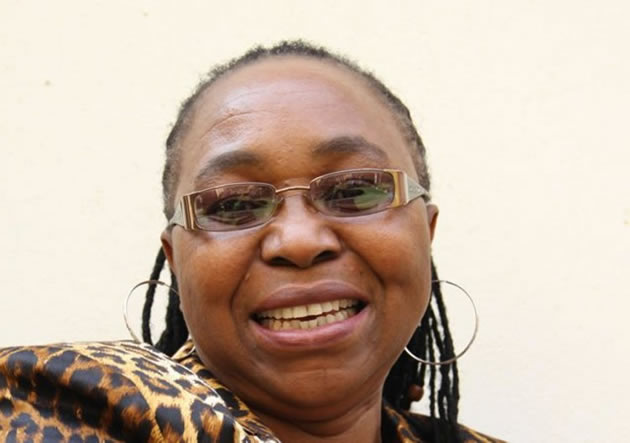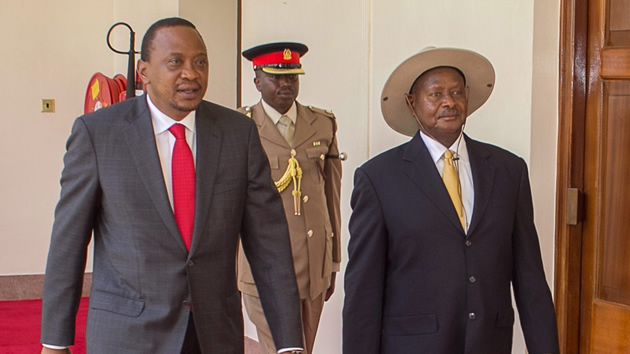5 000 houses not on roll in Chitungwiza

Nyemudzai Kakore Herald Correspondent
FINANCIALLY hamstrung Chitungwiza municipality is losing millions of dollars amid revelations that more than 5 000 houses in the town are not regularised and are not being charged rates and other charges, the Parliamentary Portfolio Committee on Local Government, Rural and Urban Development heard recently.
Presenting oral evidence during the question and answer session at Chitungwiza chambers on Tuesday, Chitungwiza workers’ committee representatives said council was rendering water and sewer services for free to the property owners.
By regularisation of the illegal houses, the workers’ committee representatives said council could improve on service delivery.
“We appealed to council to find a way of broadening its revenue base by including in the roll, houses which were built illegally as council is rendering its services for free,” said Urban and Rural Workers’ Union chairman Mr Aaron Mhonyera.
Water Aligned Union of Zimbabwe chairman Mr Mwamuka Hunda added: “Council could impose a penalty of $1 000 to the residents and regularise the houses instead of exposing the owners to land barons who continue to fleece them.”
The workers’ representatives argued that Chitungwiza Residents Association was influencing residents not to pay their rates, leading to the decline in service delivery.
Chairperson of the portfolio committee Cde Irene Zindi (Zanu-PF) in response said: “The houses are a potential source of revenue for the municipality, since council is already giving the owners services such as refuse removal and water connections. I understand there is a team now going after every house so that they are on the council’s register.
“Land barons should be brought to book because they have made a lot of people suffer. They made people part with their hard earned cash for residential stands which are not recognised.”
A Government audit in 2014 revealed that over 14 000 residential stands allocated to home-seekers in Chitungwiza and Manyame Rural District Council were allocated illegally and the structures built on them should be demolished.
Of these, 8 260 stands were in Chitungwiza, while 6 200 were in Seke communal lands under Manyame Rural District Council.
Some of the stands were on areas reserved for clinics, churches, schools, cemeteries, recreational activities and roads, while others are under high voltage electricity pylons.
The Parliamentary Portfolio Committee also toured illegal settlements in Nyatsime, Unit B, Dunottor Farm, Braemer Farm, and Longlands where most of the residents told the committee that they had been allocated residential stands by Mr Frederick Mabamba and a woman identified as Mrs Matambo.
Most of the illegal settlers claimed their residential areas are legal saying they had paid council for the regularisation of their stands and then presented invoices and offer letters from the municipality to the committee.










Comments